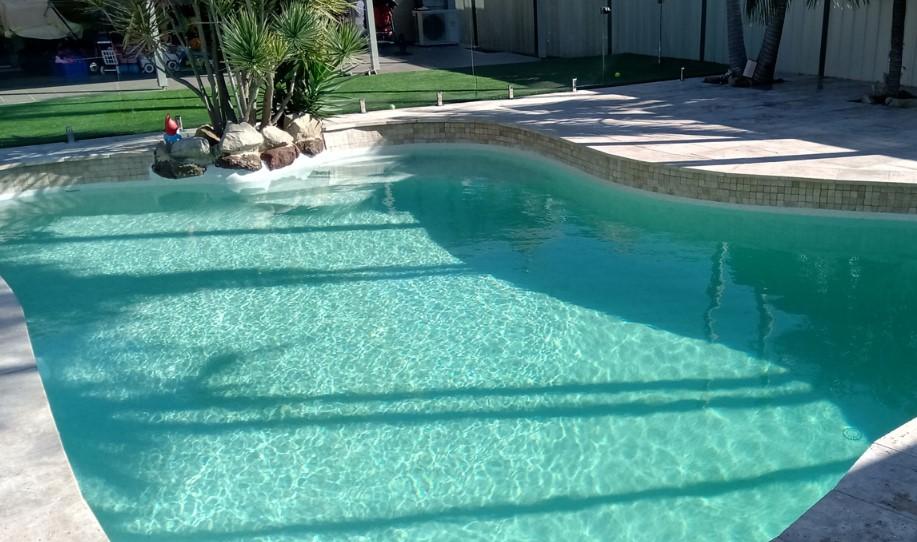Commercial pool renovation refers to the process of refurbishing or upgrading a pool located within a commercial setting, such as a hotel, resort, apartment complex, fitness center, water park, or other business property. Renovating a commercial pool is essential for maintaining its safety, aesthetics, functionality, and compliance with local regulations.
Commercial pool renovation key aspects
Here are the key aspects involved in commercial pool renovation:
- Assessment and Planning: The renovation process typically begins with a comprehensive assessment of the pool’s condition. This includes evaluating the pool’s structure, plumbing, filtration systems, electrical components, safety features, and aesthetics. Based on the assessment, a renovation plan is developed to address specific needs and goals.
- Regulatory Compliance: Commercial pools must adhere to local, state, and federal regulations regarding safety, water quality, accessibility, and other requirements. Renovations may include updates to meet the latest regulatory standards.
- Structural Repairs: Over time, the pool’s structure may deteriorate due to factors like water exposure, weather, and wear and tear. Renovation can involve repairing or replacing the pool’s concrete or fiberglass shell, addressing cracks, and fixing any structural issues to ensure the pool’s longevity and safety.
- Waterproofing: Proper waterproofing is essential to prevent leaks and water seepage. Renovation can include applying waterproof coatings or installing membranes to maintain a watertight seal.
- Pool Deck and Surroundings: Commercial pool renovations often extend to the pool deck and surrounding areas. This may involve resurfacing the deck, repairing or replacing coping, and enhancing the landscaping and amenities to improve the pool’s aesthetics and functionality.
- Re-tiling and Resurfacing: Over time, the pool’s tiles and interior finish may become worn or damaged. Renovation can include re-tiling the pool or applying a new interior finish to enhance its appearance.
- Plumbing and Filtration Systems: Upgrading plumbing and filtration systems is essential to ensure water quality and circulation. This may involve installing energy-efficient pumps, filters, and water treatment systems to improve water clarity and reduce maintenance costs.
- Energy Efficiency: Many commercial pool renovations focus on energy-efficient upgrades. This includes LED lighting, solar heating systems, and improved insulation to reduce operational costs and environmental impact.
- Safety Features: Enhancing safety is a priority for commercial pools. Renovation may involve the installation or replacement of safety features such as lifeguard stands, fencing, alarm systems, and anti-entrapment devices to comply with safety regulations.
- Accessibility: Compliance with ADA (Americans with Disabilities Act) regulations is essential for commercial pools. Renovations may include adding accessible features like ramps, lifts, and handrails to ensure that the pool is inclusive for individuals with disabilities.
- Aesthetic Upgrades: Improving the pool’s aesthetics is often a part of the renovation process. This may include repainting, adding decorative tiles or mosaics, and updating the pool’s overall design.
- Reopening and Maintenance Plan: After the renovation work is completed, there is a need for proper reopening procedures and a maintenance plan. Regular maintenance is crucial to ensure that the pool remains in excellent condition for years to come.
Final Words
Commercial pool renovation is a complex process that involves careful planning, budgeting, and project management. It aims to enhance the pool’s safety, functionality, and visual appeal while complying with regulations and improving energy efficiency. Well-executed renovations can extend the life of the pool, enhance the customer experience, and positively impact the business’s reputation.





